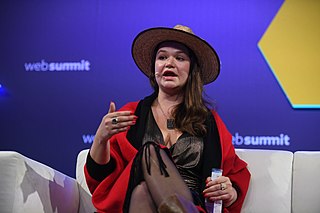A Quote by Gian Fulgoni
There is an abundance of data available in the digital world and if it’s harnessed effectively and correctly it can provide terrific insights.
Related Quotes
You have to imagine a world in which there's this abundance of data, with all of these connected devices generating tons and tons of data. And you're able to reason over the data with new computer science and make your product and service better. What does your business look like then? That's the question every CEO should be asking.
































